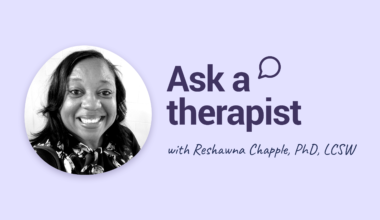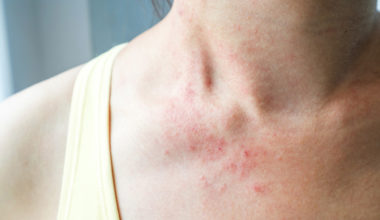Obsessive compulsive disorder (OCD) is a mental health condition characterized by intense, repetitive, unwelcome thoughts and ideas that correspond with the need to compulsively carry out certain rituals or tasks. These rituals are individualized, but common examples include obsessive hand washing, needing to check that doors are locked or lights are out, and an obsession with cleanliness and order. Many people with OCD will feel anxious unless these tasks are carried out, and are unable to let go of their compulsive thoughts.
According to the American Psychiatric Association (APA), OCD affects about 1.2% of the population, and a diagnosis is made when a person’s compulsive behaviors occupy one hour or more of their day, interfere with their ability to function in daily life, or cause major distress. Many cases of OCD begin in childhood and affect women slightly more frequently than men.
If you are living with OCD or suspect that you are, please know there is no shame in it, and effective therapy is out there. Usually a combination of talk therapy (Cognitive Behavioral Therapy or Exposure and Response Prevention) and medication (generally SSRIs) is recommended.











